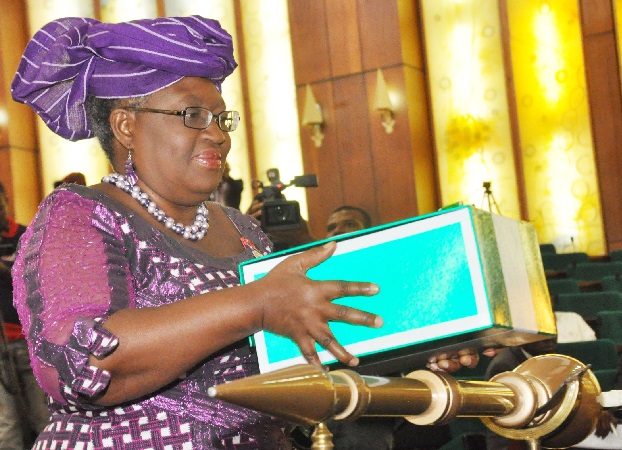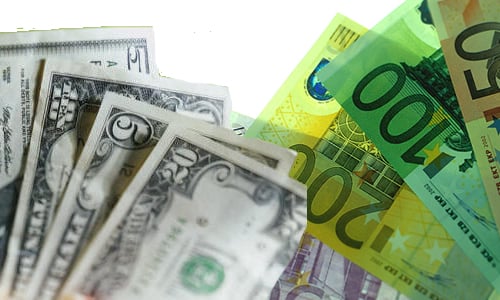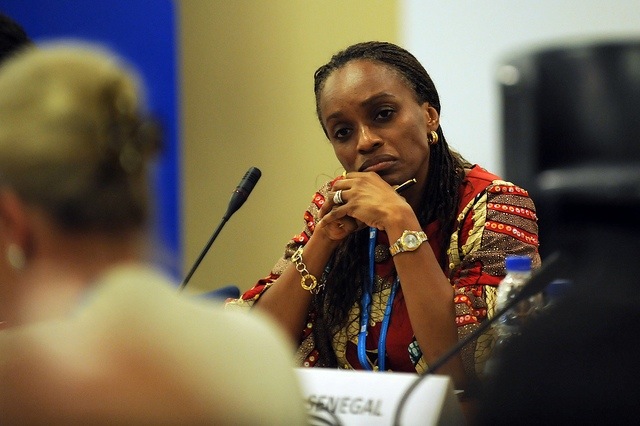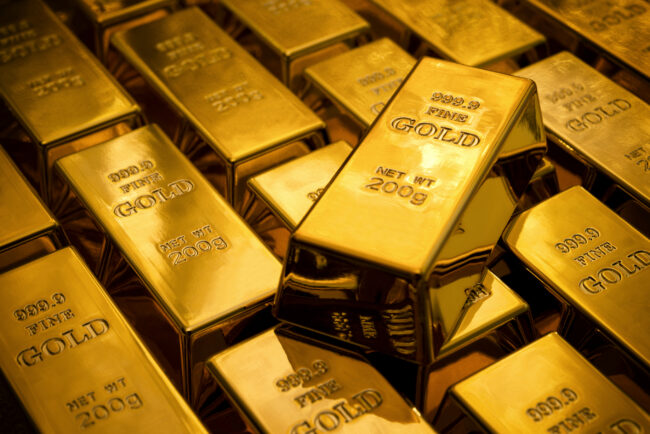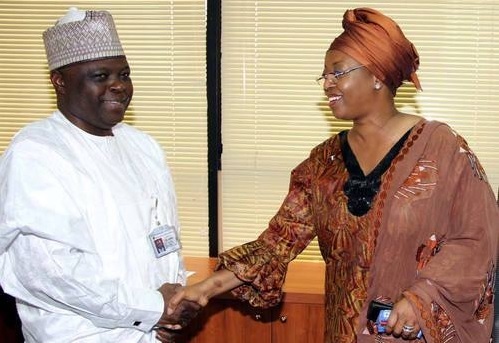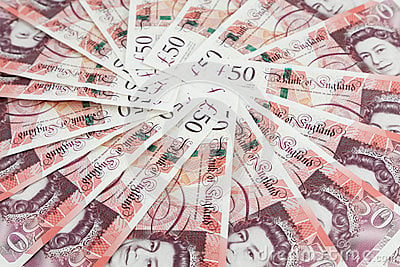Nigeria has more than halved capital expenditure to less than 10 percent of 2015 spending, axing badly-needed infrastructure investment due to the collapse in the price of oil, the country’s main source of revenue, according to the full budget submitted to parliament.
Even though Nigeria’s capital spending seldom materialises as planned, shelving projects such as port upgrades and roads will only perpetuate the inefficiencies that have plagued Africa’s most populous nation and biggest economy for decades. The document, seen by Reuters, put capital expenditure at N387 billion ($2 billion), or 8.9 percent of total spending of N4.357 trillion.
This is a significant drop from the 2014 spending plans in Africa’s biggest oil producer, when capex, or capital expenditure, accounted for 23.7 percent of projected government outlays.
It is also only just over half the N634 billion that finance minister Ngozi Okonjo-Iweala, in her December budget presentation, said would go on capital expenditure and related items.
Advertisement
Budget office director-general Bright Okogu said the reductions were the direct result of the halving in the last six months of the price of crude, which normally accounts for 80 percent of the cash flowing in to state coffers.
“The capex was severely affected by the huge reduction in revenue,” Okogu told Reuters, adding that it was easier to wield the axe on infrastructure projects than Nigeria’s notoriously bloated bureaucracy.
He said wages were difficult to cut and “you cannot reduce staff numbers overnight”.
Advertisement
Despite the overall capital expenditure reduction, spending on military equipment was set to rise slightly, reflecting the need for weapons to counter Boko Haram Islamist militants in the northeast.
The national assembly is expected to start discussing the budget later this month and it is likely to be passed sometime in March, regardless of who wins the presidential election on Feb. 14, though supplements could be added. One such could be for military equipment if Nigeria secures a loan of up to $1 billion, which President Goodluck Jonathan requested last year.
The oil-price slump has hammered Nigeria, whose currency has hit a series of record lows against the dollar in the last three months despite the central bank burning through 20 per cent of its reserves to prop it up.
The government’s benchmark oil price for this year’s budget is $65 a barrel, a figure the finance ministry says will not be changed despite crude falling as low as $45 a barrel in January. As well as knocking this year’s overall growth forecast, the impact is being felt in the construction sector, where sources say infrastructure projects that were already moving at a snail’s pace have been put on ice for this year.
Advertisement
Construction firms have halted work on roads, railways and bridges, firing up to a third of workers and maintaining only skeleton crews.
One industry source said ministry of works disbursements for a major highway were less than 3 percent of the project’s value.
“At this rate, it will take 33 years to complete,” the source said.
The same source put layoffs nationwide at 20,000, while another said at least 5,000 had been let go in the Abuja area alone, a worry for Jonathan ahead of the election, when he faces an opponent accusing him of squandering revenues from high oil prices over the previous three years.
Advertisement
Despite the capital expenditure reductions from December, N2.62 trillion, or 60 per cent of total spending, continues to be earmarked for recurrent expenditure, essentially the day-to-day cost of running the government.
National Assembly spending is also in line with last year at N150 billion, suggesting Nigeria’s political elite are being spared any belt-tightening. However, doubts are creeping in that the government will be able to meet even its day-to-day obligations should crude prices remain low for months on end.
Advertisement
“We’re paying salaries but it’s going to catch up,” said Bukola Saraki, a senator from the central state of Kwara. “We were struggling to pay at even $80-$90 a barrel. By June, it’s really going to start biting. You’ll really see the effect of the low oil price.”
Advertisement
Add a comment
